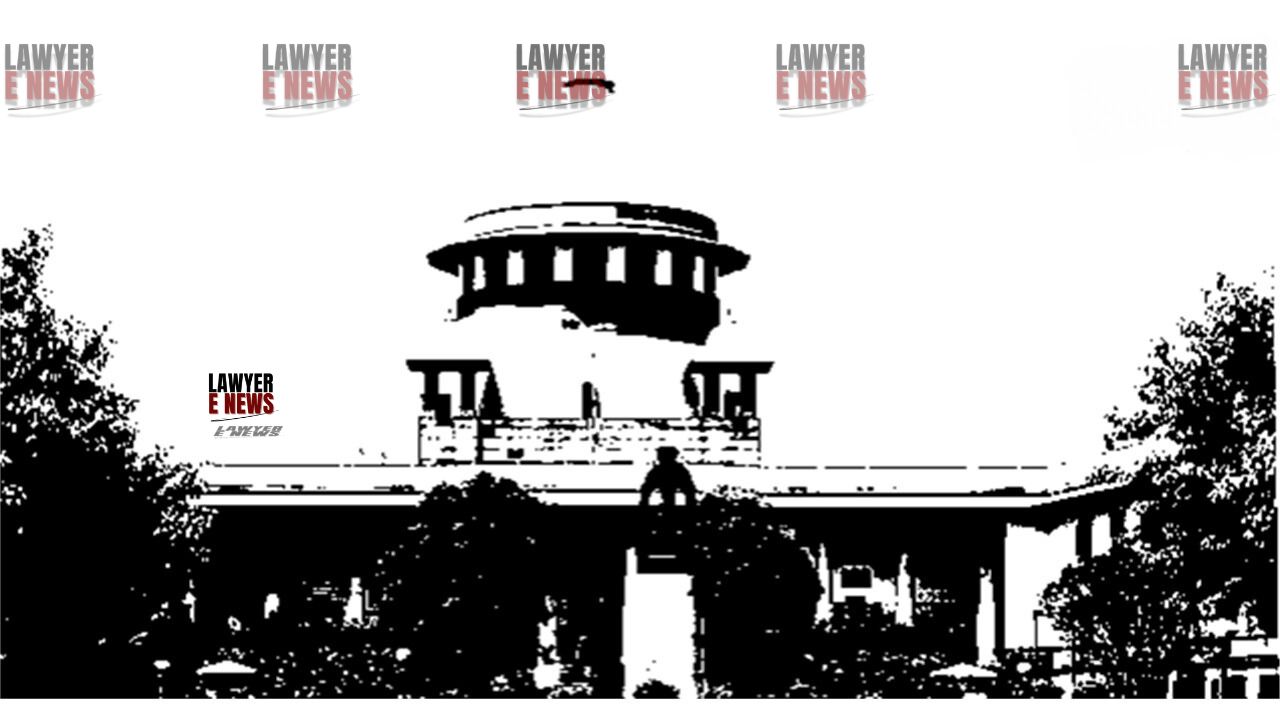-
by Admin
15 February 2026 5:35 AM



On September 10, 2024, the Supreme Court of India, in R.P. Garg vs. The Chief General Manager, Telecom Department, ruled that post-award interest is not subject to contractual prohibitions, restoring an 18% post-award interest on a sum granted by an arbitrator. The Court clarified that while pre-award interest can be subject to contractual clauses, post-award interest is governed by Section 31(7)(b) of the Arbitration and Conciliation Act, 1996.
The dispute arose from a contract executed between R.P. Garg, the appellant, and the Telecom Department of Haryana, involving the trenching and laying of underground cables. After completing the work, Garg claimed payment of unpaid bills, which led to arbitration. While the arbitrator granted his claim in the award dated March 8, 2001, interest was denied based on a contractual clause prohibiting interest on amounts payable under the contract.
Garg sought post-award interest during execution proceedings, which the District Court granted at 18% per annum. However, the High Court overturned this decision, upholding the arbitrator's denial of interest, prompting Garg’s appeal to the Supreme Court.
The key issue was whether the prohibition of interest under the contract applied to post-award interest. The Supreme Court analyzed Section 31(7) of the Arbitration and Conciliation Act, 1996, which distinguishes between pre-award and post-award interest.
The Court held that while pre-award interest (under Section 31(7)(a)) may be excluded by contractual agreement, post-award interest (under Section 31(7)(b)) is mandatory unless otherwise directed by the arbitrator. Thus, parties cannot "contract out" of post-award interest. The Court cited its earlier judgment in Morgan Securities & Credits (P) Ltd. vs. Videocon Industries Ltd. to reinforce the principle that the arbitrator’s discretion regarding post-award interest applies only to the rate, not the entitlement itself.
Justice Pamidighantam Sri Narasimha, delivering the judgment, criticized the High Court’s reliance on the Supreme Court’s decision in Jaiprakash Associates Ltd. v. Tehri Hydro Development Corporation (India) Ltd., clarifying that Jaiprakash dealt with pendente lite interest, not post-award interest. The Court concluded that the contract’s prohibition of interest on security deposits and payments did not apply to post-award interest, which is a statutory right under Section 31(7)(b).
Accordingly, the Supreme Court restored the District Court’s decision, granting 18% interest from the date of the award until realization.
The Supreme Court reaffirmed that post-award interest is governed by statutory provisions and cannot be overridden by contractual agreements. This ruling ensures that award-holders are compensated for the time taken to realize the award, reinforcing the distinction between pre-award and post-award interest under arbitration law.
Date of Decision: September 10, 2024
R.P. Garg vs. The Chief General Manager, Telecom Department & Ors.
